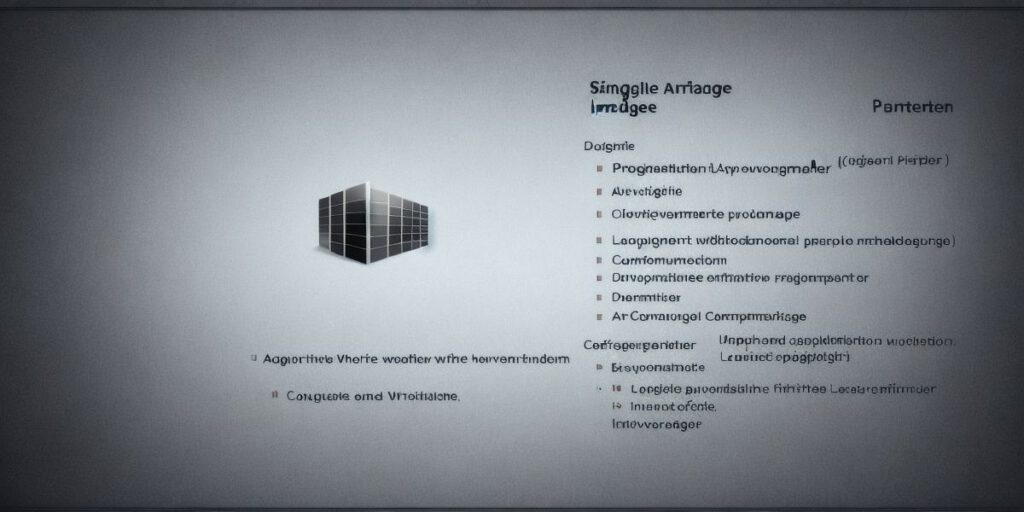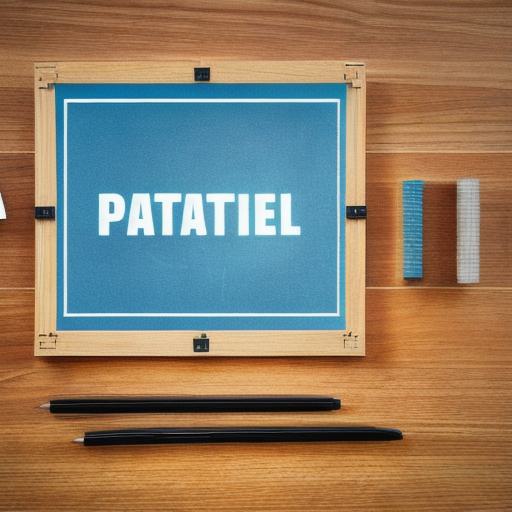Should Software be Patented

Software development has revolutionized our world, enabling us to accomplish tasks that were once unimaginable. From online shopping to social media, we are constantly surrounded by software applications that have transformed the way we live, work, and interact with each other. However, there is a long-standing debate on whether or not software should be patented.
In this article, we will explore both sides of the argument and provide a comprehensive analysis of the issue. We will discuss the benefits and drawbacks of patenting software, examine real-life examples of successful and failed attempts at software patents, and analyze the legal framework governing software patents. Additionally, we will explore alternative approaches to protecting intellectual property in the software industry.
The Benefits of Patenting Software
Patenting software has several benefits that proponents argue make it a valuable tool for innovation and economic growth. Firstly, patents provide incentives for individuals and companies to invest in research and development by granting them exclusive rights to use and profit from their inventions. This can lead to increased innovation, as people are more likely to develop new technologies when they know they will be rewarded for their efforts.
Secondly, patents promote competition and technological advancement by allowing smaller companies to challenge larger competitors in court. In cases where a company has developed a novel technology or software application, a patent can provide them with the legal protection necessary to defend their intellectual property from infringement. This can lead to greater innovation as companies are forced to constantly improve their products and services to stay ahead of their competitors.
Finally, patents can contribute to economic growth by creating jobs and stimulating investment in research and development. When a company is granted a patent for its software application, it becomes more valuable as an asset that can be licensed or sold to other companies. This can create new opportunities for entrepreneurship and innovation, leading to the creation of new jobs and increased economic activity.
The Drawbacks of Patenting Software
Despite these benefits, there are also several drawbacks associated with patenting software. One of the main concerns is that software patents can stifle innovation by creating a complex legal environment that discourages risk-taking and experimentation. Patenting software can be a costly and time-consuming process, requiring significant resources to research, develop, and protect intellectual property. This can make it difficult for small companies and startups to compete with larger corporations that have more resources at their disposal.
Additionally, software patents can create confusion and uncertainty in the marketplace as different companies hold competing patents on similar technologies. This can lead to legal battles and costly litigation that can slow down innovation and inhibit the development of new products and services.
Real-Life Examples of Software Patents
There are many examples of successful software patents, as well as cases where patents have failed or been challenged in court. One of the most famous examples of a software patent is IBM’s patent for the "System/360," which was a family of mainframe computers developed in the 1960s. The System/360 was a major success, and its patents allowed IBM to maintain a dominant position in the mainframe computer market for decades.
However, there are also many examples of failed software patents. One such case is the patent held by Amazon for its "one-click" shopping system. In 2000, Amazon was granted a patent for its one-click system, which allowed customers to purchase products with just one click on their computer mouse. However, the patent was later challenged in court and found invalid in 2011. This case highlights the challenges associated with patenting software, as new technologies and market conditions can quickly render patents obsolete.

The Legal Framework Governing Software Patents

The legal framework governing software patents varies from country to country. In the United States, software patents are governed by the U.S. Patent and Trademark Office (USPTO), which has specific guidelines for patenting software applications.